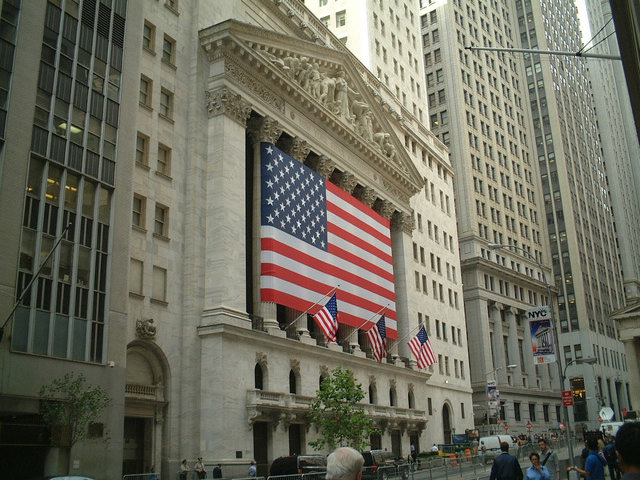“The real key to making money in stocks is to not get scared out of them.” – Peter Lynch
We certainly live in interesting times. The Coronavirus outbreak is causing a global panic attack resulting in a tremendous amount of volatility in the stock market. The S&P 500 has declined by 20% since hitting an all-time high on February 18th. A price drop of this magnitude is not uncommon for stocks – 20% declines have typically occurred every few years. What is unprecedented is the speed of the decline, the quickest 20% correction on record. Stocks are being sold indiscriminately, without regard to a company’s financial health or long-term fundamental prospects.
A few weeks ago, it was evident that factory shutdowns in China were going to cause short term disruptions in the global supply chain and lead to a slowing effect on the global economy. But as concerns began to grow about the virus spreading around the world, both corporations and governments took drastic measures to stop the outbreak. Suspending business travel, shutting down schools and telling people to work from home are just a few of the measures. Such aggressive responses are going to have a significant impact on the economy, and it may trigger a mild recession during the first half of this year. If so, it is likely we are actually in a recession right now. Recessions caused by supply shocks tend to be brief and typically recover quickly. There are no major economic imbalances in the U.S. economy, capital is abundant, the savings rate is healthy, banks are well-capitalized and central banks are very accommodative. All those factors should make any downturn relatively mild and brief.
The value of any business is based on its expected profits over many years – ten, twenty or maybe more. Only a very small portion of a company’s present value is based on this year’s earnings. It makes intuitive sense that a business is worth less during an economic downturn. So, while earnings may be lousy over the next two quarters, profits will recover, and the business will continue growing again.
We cannot predict when stock prices will bottom, but we firmly believe that stocks purchased at today’s fire sale prices will look good this time next year. According to Bespoke Investment Group, the stock market has only experienced this level of selling pressure three other times in the last 40 years: 1987, 2008 and 2011. In each occasion prices were significantly higher twelve months later. We are confident this time will not be any different.
What does the current market volatility mean for long term investors? Absolutely nothing. Your retirement plan doesn’t change with stock market movements, so radically changing your investment portfolio makes no sense. The best thing to do in times like these is turn off the TV and go fishing, hiking or golfing. Watching the markets day-to-day will only create anxiety and possibly lead to an emotional overreaction. Your portfolio allocation is designed for the long term, recognizing that short-term declines and recessions are inevitable and will occur. Volatility can be uncomfortable, and it is normal to be anxious in moments of extreme selling. But this will pass and sticking with your plan through thick and thin will be handsomely rewarded.
We believe a vaccine for the Coronavirus will be discovered and that the medical community will learn how to control risks of infection. Once people have confidence that the outbreak is under control, they will get back to living their normal daily lives, economic growth will return, and stock prices will rise again and to new highs.
What we are living through is quite extraordinary. We hope our correspondence helps provide some clarity and understanding as to what is going on and what to expect from here. We plan to continue providing you with our thoughts and perspectives on the current events. In the meantime, do not hesitate to call or email us with any questions you have about your portfolio or financial plan.


